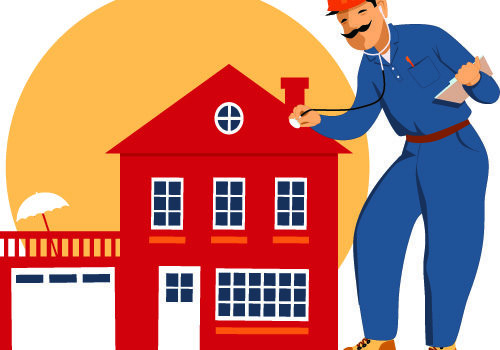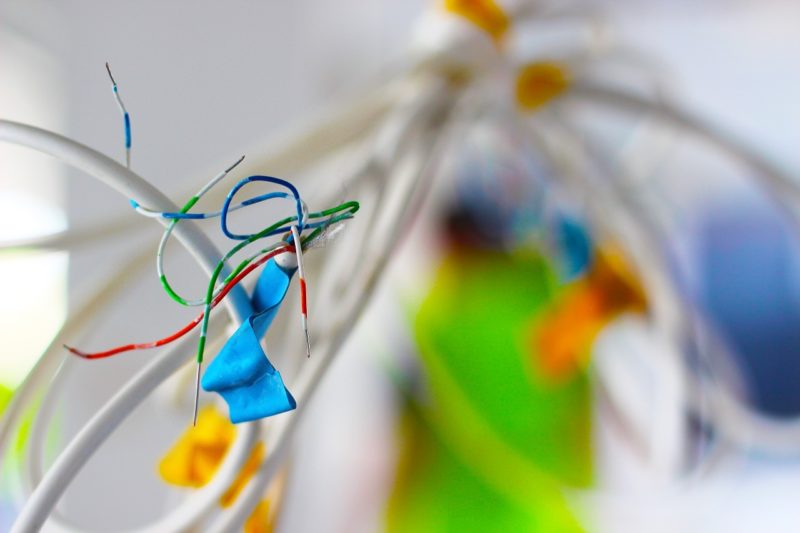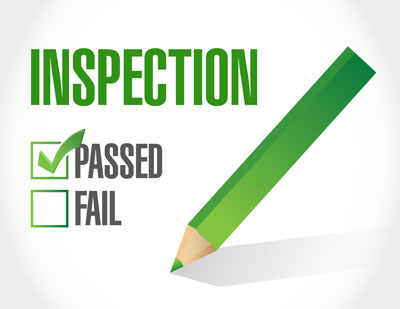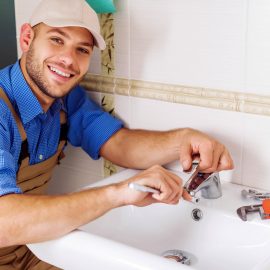
Owning a home is one of the most important purchases that you will ever make and it is equally important that a home inspection be done before finalizing the deal or else you might regret it later on. Before buying a home, it is essential that you conduct a professional electrical inspection. This is done to find any electrical issues along with a professional who will assess the damage and advise on how to remedy to the situation. Every electrician knows the critical importance of electrical inspection and testing. If ignored, there can be numerous damage that can be harmful for all members of the family or company. Sometimes, professional home inspections are mandatory within a home purchasing contract. Even when they’re not, many people prefer to leave these things to the professionals. If you’d rather pass on the DIY inspection, hire a home inspector and rest easy knowing your soon-to-be new home is in good hands. Having the electrical system of a prospective home purchase is important and here are some of the reasons why.

Before you put in an offer
Once you have found a property you are interested in purchasing, be sure to include a home inspection as a condition in your purchase offer. By including this condition, it will act as a contingency if major defects or repairs are identified during the home inspection, giving you the option to back out of your purchase offer without penalty within a specified time-frame.
What to expect during a home inspection
It is important to hire a certified professional to give the house a comprehensive inspection. Although your friends and family members can help you select a home, it’s best to rely on a professional to give you an unbiased assessment of the property. Before hiring the inspector, ask about their qualifications, experience and check their references.
Your home inspector will inspect the interior, exterior, foundation, plumbing, heating, electrical systems, and roof of the property. The inspector will look for clues that may indicate bigger problems such as signs of mold, areas in need of repair and potential problems that could be costly down the road.
TIP: Even newly-built homes should be inspected. Mistakes made during construction can influence repairs and the resale value.

Inspections can last between two to four hours depending on the size and age of the property. Be sure to attend the inspection so the inspector can point out any problems. You may want to take photos of potential damage and issues for reference. After the inspection is complete, you will receive a written report on the home’s condition.
The inspector’s report should also include details on:
• Whether the problem is a safety issue or a major or minor defect
• Items that need replacement, repair or service
• Issues or defects that are in acceptable condition for now but should be monitored
If you don’t understand something the inspector has said or written, be sure to ask for clarification.
Key areas of inspection are the exterior and interior of the home.
The best time for an inspection
If possible, aim to have your inspection completed between late spring and early fall. Winter snow and ice can make it difficult for the inspector to do an accurate review of the roof and exterior of the home.

Inspection costs
The price of a home inspection varies depending on the size and age of the home, but you should expect to pay approximately $500. Contact professional home inspectors in your area to ask for a quote before you schedule the inspection.
Inspection results
Once the inspection is complete there are a few things to consider:
• If there are several issues with the home that are costly to repair you may choose to walk away from the purchase altogether. Remember, you will need to have this listed as a condition in your offer to avoid penalty.
• If you still wish to move forward with your purchase, you have the option to either 1) factor the repair costs into your purchase price by having the seller reduce the cost or 2) you can ask to have the current owners fix some of the issues prior to moving in.
Home inspections and your insurance
How does a home inspection impact insurance? If the home inspection finds several issues with the home, such as out-of-date plumbing, wiring or old oil tanks, the home could cost you more to insure. Older homes with out-of-date components can present greater risks to an insurer. Some insurance companies may require you to replace certain items within a specified time period in order to provide you with coverage. If you do hire a professional, make sure they’re licensed and qualified. Ask them about their experience and qualifications – you’ve got every right to know. If you can, try to be present during the inspection, and don’t hesitate to ask any questions that may come up – a good inspector will be happy to answer them. A thorough home inspection by a professional will give you peace of mind that you know exactly what you’re buying.



